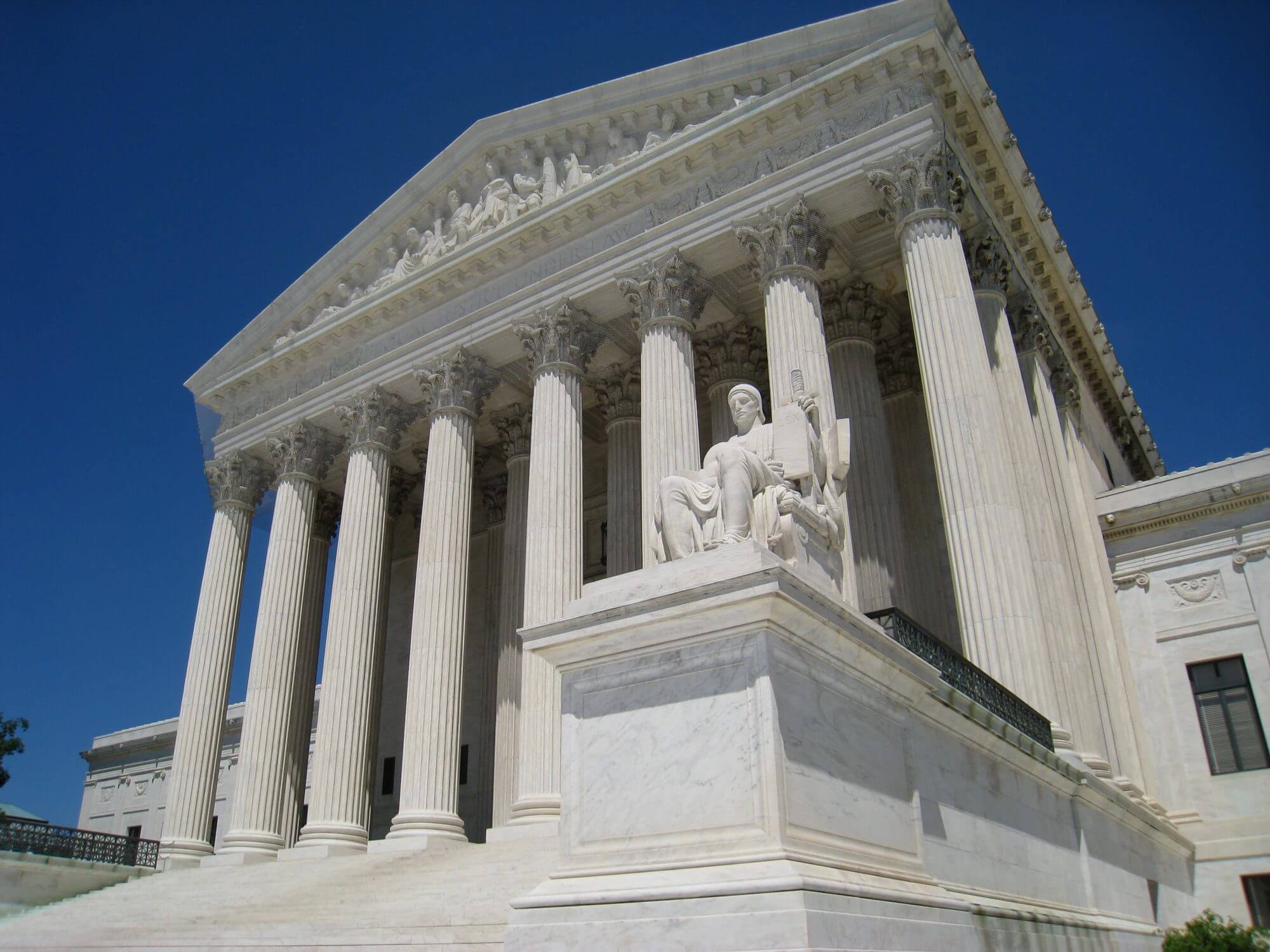WASHINGTON — The Supreme Court heard a case Wednesday that could affect the territorial boundaries of Indian reservations and tribes’ rights to jurisdiction over that land. At issue is whether those settlements are ruled by the tribes or by federal and state law.
“It’s a big deal whether a tribal authority has jurisdiction over (residents),” Allon Kedem argued for the state.
Nebraska v. Parker involves the 1882 Act in which Congress authorized the sale of the Omaha Tribe’s land west of the railroad right-of-way to non-Indian settlers. The village of Pender is the only territory within the reservation beyond that border. After the Omaha Tribe imposed an alcohol tax on its reservation in 2004, Pender said it was not bound by the tax because it is outside the reservation’s boundaries and is therefore not subject to the Omaha Tribe’s taxation.
Critically, the city seeks a diminishment of the reservation’s territory, meaning it would no longer fall within the tribe’s borders.
Lower-level courts ruled in favor of the Omaha Tribe. Pender, joined by the state of Nebraska, is appealing,
The case could affect hundreds of Indian tribes whose land was settled under similar acts, as their boundaries can be unsettled by the ruling. If the Court rules in favor of the Omaha Tribe, Pender residents fall within the tribe’s jurisdiction. If it rules against the tribe, the territory will be subject to federal and state law.
A Supreme Court preview notes that a ruling in favor of Pender also could mean that “the government may be viewed as ‘taking’ land from the Indian tribes, with all of the historical overtones that entails.”
Nebraska argued that for more than a century, 98 percent of the territory west of the right-of-way has been populated by non-Indians, the state has governed and the land has had no Indian character. Attorney James D. Smith said this means there has been a de facto diminishment. He argued that the Court increase weight to events that occurred after the passage of the Act (the third part of a three-part test laid out in Solem v. Bartlett (1984)).
But only Congress has the legal authority to diminish territory and the two sides disputed the original intent of Congress in the 1972 Act.
Representing the defendants, Paul D. Clement argued that the text of the statute used classic language for opening up, not diminishing, territory, and that no finding in the law supports the diminishment of territory. He said Congress allowed Indians to settle in any land on the reservation, east or west, before selling the land, meaning it would have been “very odd” to think the allotment diminishes territory.
Additionally, Clement noted the small size of the tribe and its lack of attempted jurisdiction aside from the tax on alcoholic beverages.
Meanwhile, Allon Kedem argued for the plaintiffs that dueling police forces and law enforcement policies can cause confusion for residents in crime cases, noting that the non-Indian residents did not ask to be subject to Indian law.


